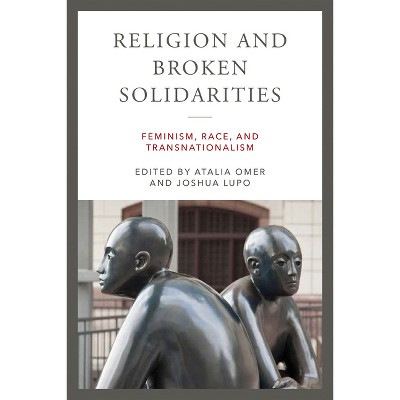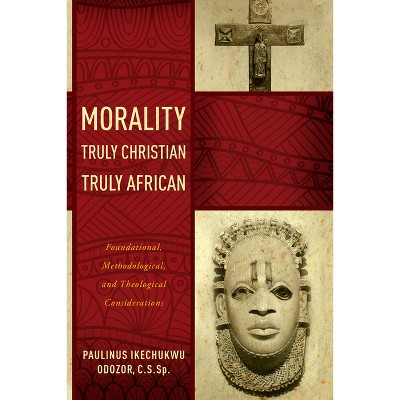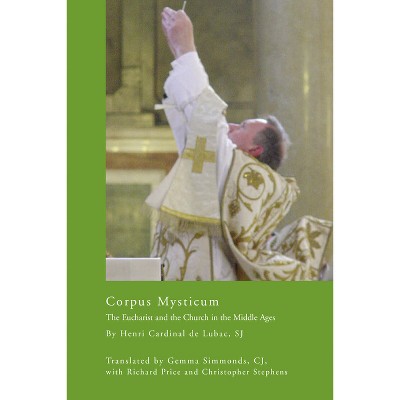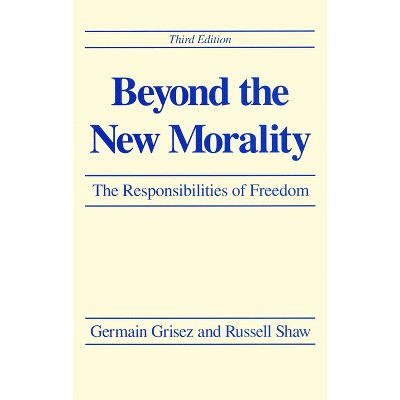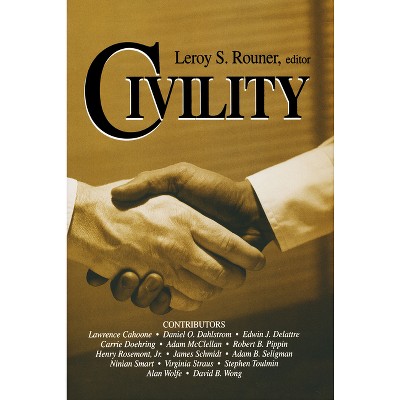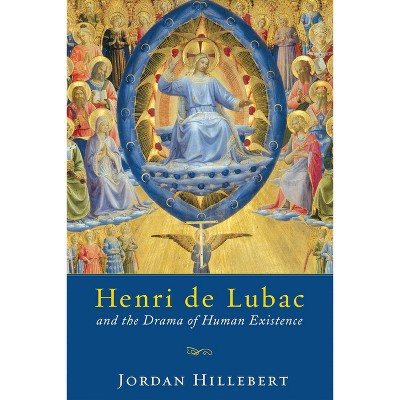Sponsored

Two Sources of Morality and Religion - by Henri Bergson (Paperback)
In Stock
Sponsored
About this item
Highlights
- Henri Bergson inquires into the nature of moral obligation, into the place of religion and the purpose it has served since primitive times, into static religion and its value in preserving man from the dangers of his own intelligence; into dynamic religion or mysticism as a means of producing man's forward leap beyond the limits of the closed society for which nature intended him and into the open society which is the brotherhood of man.
- About the Author: Henri Bergson (1859-1941) was a renowned philosopher whose concept of creative evolution continues to dominate a large area of modern thought.
- 320 Pages
- History, General
Description
About the Book
"The book is filled with extraordinary illustration and, as always in Bergson, exact and luminous metaphor." --"Journal of Philosophy ""Fresh and living . . . this translation is first-rate." --"New Statesman & Nation"
"Exquisitely simple . . . the English version startles one by its sheer beauty. Here is a volume crowning a series of philosophical works which have molded the thinking of a whole generation." --C"hristian Century"
"This book is so rich with historical, poetical, and human illustration, so packed with repeated psychological subtleties and dreaming precisions, that to miss it is to miss, as Bergson says of the prophets and Christian mystics, one of the voices of Life itself." --"Catholic World"
"This book offers pleasurable access to an important way of thinking which dominant analytic and linguistic philosophical traditions in England and America have eclipsed, and which nonetheless still has current expression in many forms throughout contemporary culture." --"Reprint Bulletin"
Book Synopsis
Henri Bergson inquires into the nature of moral obligation, into the place of religion and the purpose it has served since primitive times, into static religion and its value in preserving man from the dangers of his own intelligence; into dynamic religion or mysticism as a means of producing man's forward leap beyond the limits of the closed society for which nature intended him and into the open society which is the brotherhood of man.Review Quotes
"This book offers pleasurable access to an important way of thinking which dominant analytic and linguistic philosophical traditions in England and America have eclipsed, and which nonetheless still has current expression in many forms throughout contemporary culture."
--Reprint Bulletin
"Exquisitely simple . . . the English version startles one by its sheer beauty. Here is a volume crowning a series of philosophical works which have molded the thinking of a whole generation." --Christian Century
"Fresh and living . . . this translation is first-rate." --New Statesman & Nation
"The book is filled with extraordinary illustration and, as always in Bergson, exact and luminous metaphor." --Journal of Philosophy
"This book is so rich with historical, poetical, and human illustration, so packed with repeated psychological subtleties and dreaming precisions, that to miss it is to miss, as Bergson says of the prophets and Christian mystics, one of the voices of Life itself." --Catholic World
About the Author
Henri Bergson (1859-1941) was a renowned philosopher whose concept of creative evolution continues to dominate a large area of modern thought. In The Two Sources of Morality and Religion, Bergson inquires into the nature of moral obligation and into the place and purpose of religion.






